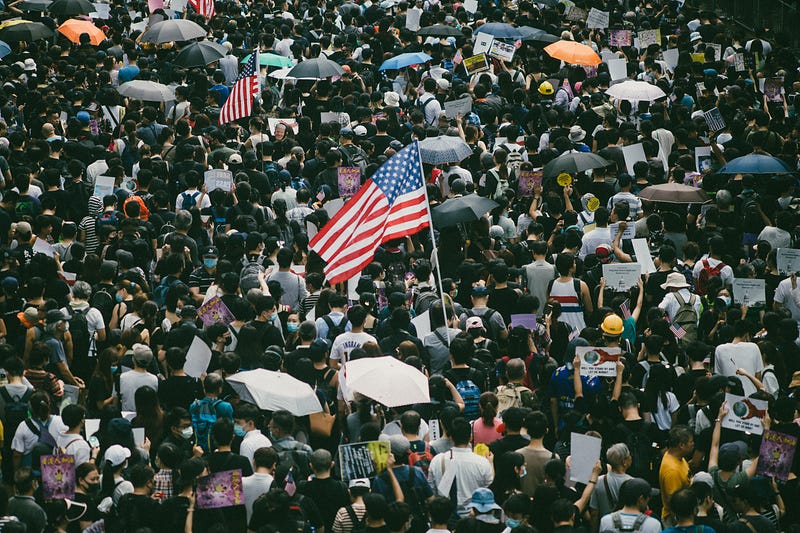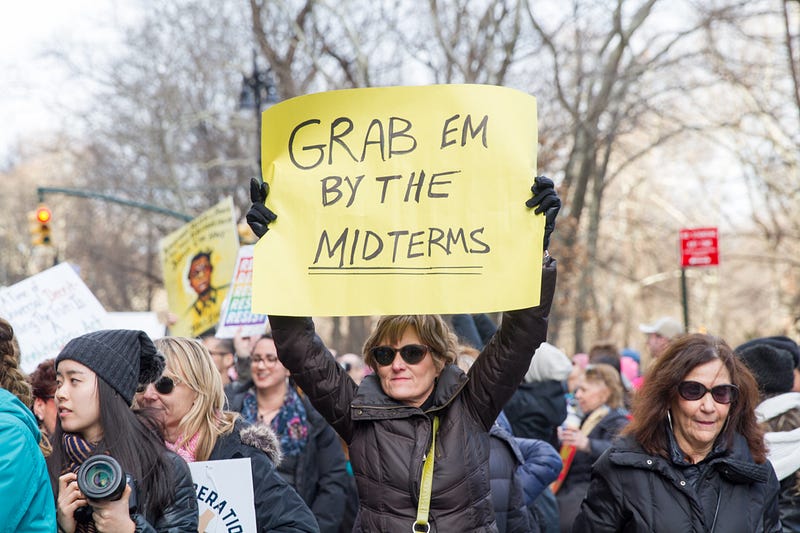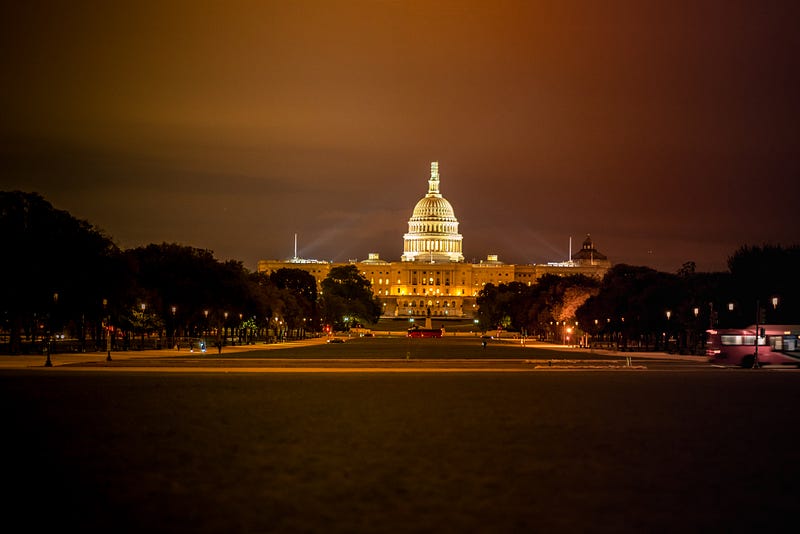A Discussion of “Is Populism Necessarily Bad Economics?”
Populism is on the rise. Is that good? Is that bad? What is it anyway?
Dani Rodrik (2018) has written a thoughtful article that helps us define what it is and when it can be a force for good.
First, he states there are 2 kinds of populism: political and economic. Political populism is dangerous but economic populism can go either way.
To define it, Rodrik states
“The distinctive trait of populism is that it claims to represent and speak for ‘the people,’ which is assumed to be unified by a common interest…’the popular will.’” (p. 196)
The reason he is against political populism is it removes checks on political power that have been built into the system. Without these checks, “democracy degenerates into tyranny.” (p. 196) However, a political populist would say these checks are just thwarting “the people.”
Similarly, economic populism seeks to overthrow existing external constraints on policies that are harming “the people.”
What policies? (p. 196)
- Autonomous regulatory agencies
- Independent central banks
- Global trade rules
Economic policies like these constrain discretionary economic policy decisions that might appeal to an economic populist — for example, increasing government spending or the money supply. A system with such checks in place can be called a technocracy as the decisions are being made by experts insulated from the political will.
If there are 2 kinds of populism then essentially there are 4 types of regimes. (p. 197)
- Personal autocracy — no political or economic restraints. Example: Vladmir Putin in Russia
- Authoritarian technocracy — no political restraints but there are restraints on economic policy. Example: Pinochet in Chile
- Populist democracy — no economic restraints but there are checks on political power. Example: Bernie Sanders
- Liberal technocracy — both political and economic restraints. Example: The EU
Since Rodrik thinks political populism leads to tyranny, he is not interested in #1 and #2 and is instead focusing on #3 and #4.
The latter half of the 20th century in Latin America provides numerous examples of economic populism gone wrong —historical evidence against “populist democracy.”
In hindsight there is a discernible pattern many Latin American countries found themselves in.
- First, the new government would increase spending to address poverty and inequality with the intention of stimulating growth.
- But since tax revenue did not keep up, government deficits grew.
- Paying for the deficits often led to “printing money” to cover them.
- However the rapid growth of the money supply inevitably led to inflation.
- In reaction to soaring prices, they turned to price controls that caused shortages and supply chain disruptions.
- Ultimately the cycle tended to end with capital flight when the foreign investors pulled out usually resulting in a financial crisis.
Then rinse and repeat since often the economic problems were even worse than before.
To stop the cycle, “the region turned to fiscal rules and technocratic finance ministers.” (p. 197) Thus fixing the problem meant moving from #3 populist democracy to #4 liberal technocracy.
That is the type of story that likely pops in the minds of most economists upon hearing “economic populism” with the generally agreed upon solution being: end the economic populist movement.
So what Rodrik is suggesting in this article is a step outside the mainstream — can economic populism be good?
Aside from historical examples, I think one reason economists reflexively say “no” is we imagine the best case policy restraints. Note the adjectives in the list above: “Autonomous regulatory agencies.” “Independent central banks.” “Global trade rules.”
- What if the agencies are not autonomous but instead have been captured by the industry they are supposed to be controlling?
- What if the central bank is not so independent?
- Or, what if the global trade rules are not a reflection of the differing national interests but instead reflect the interests of powerful multinational corporations or global banks? In such a case, the global trade rules could be serving the interests of capitalists over labor. (p. 198)
Thus, what Rodrik is pointing out is: if the economic policy restraints are serving the interests of the few over the many then removing them can be a good thing.
Or, economic populism can be good.
He does say insulating economic policy from the people is good when the experts in charge are “preventing the majority from harming itself.” (p. 199)
For example, delegating economic power to the technocrats can be good because it can prevent the economic populist cycle demonstrated in Latin America years ago.
However the technocratic experts need to be aware of a pitfall. If the economic policies being insulated from the power of the people are benefiting those in power at the expense of the people then economic populism can be an improvement. (p. 199)
In fact, he makes the ominous point that an economic populist movement may be what is necessary to prevent a more damaging political populist movement when the people give up on the system.
He concludes with some words from President Franklin D. Roosevelt that sound like they could be written today.
In a 1936 address to the Democratic convention, FDR railed against what he called the “economic royalists” — the corporations, the financiers, and industrialists who he said had monopolized the economy at the expense of ordinary people. He had been under constant criticism for his interventions in the market and for extending the power of the executive over the economy. “These economic royalists complain that we seek to overthrow the institutions of America,” he said. “What they really complain of is that we seek to take away their power.” His economic reforms, he explained, were needed not only to serve people better, but also for the “survival of democracy.” (p. 199)
Interesting that in 2020 (and in 2016) you have economic populists running for president from both parties. While their solutions differ, Bernie Sanders and Donald Trump could be standing alongside FDR railing against the “economic royalists.”
If Rodrik is right, we need some economic populism now or we may find ourselves falling into destructive political populism.
References:
Rodrik, Dani, 2018. “Is Populism Necessarily Bad Economics?” AEA Papers and Proceedings, 108: 196-199.




